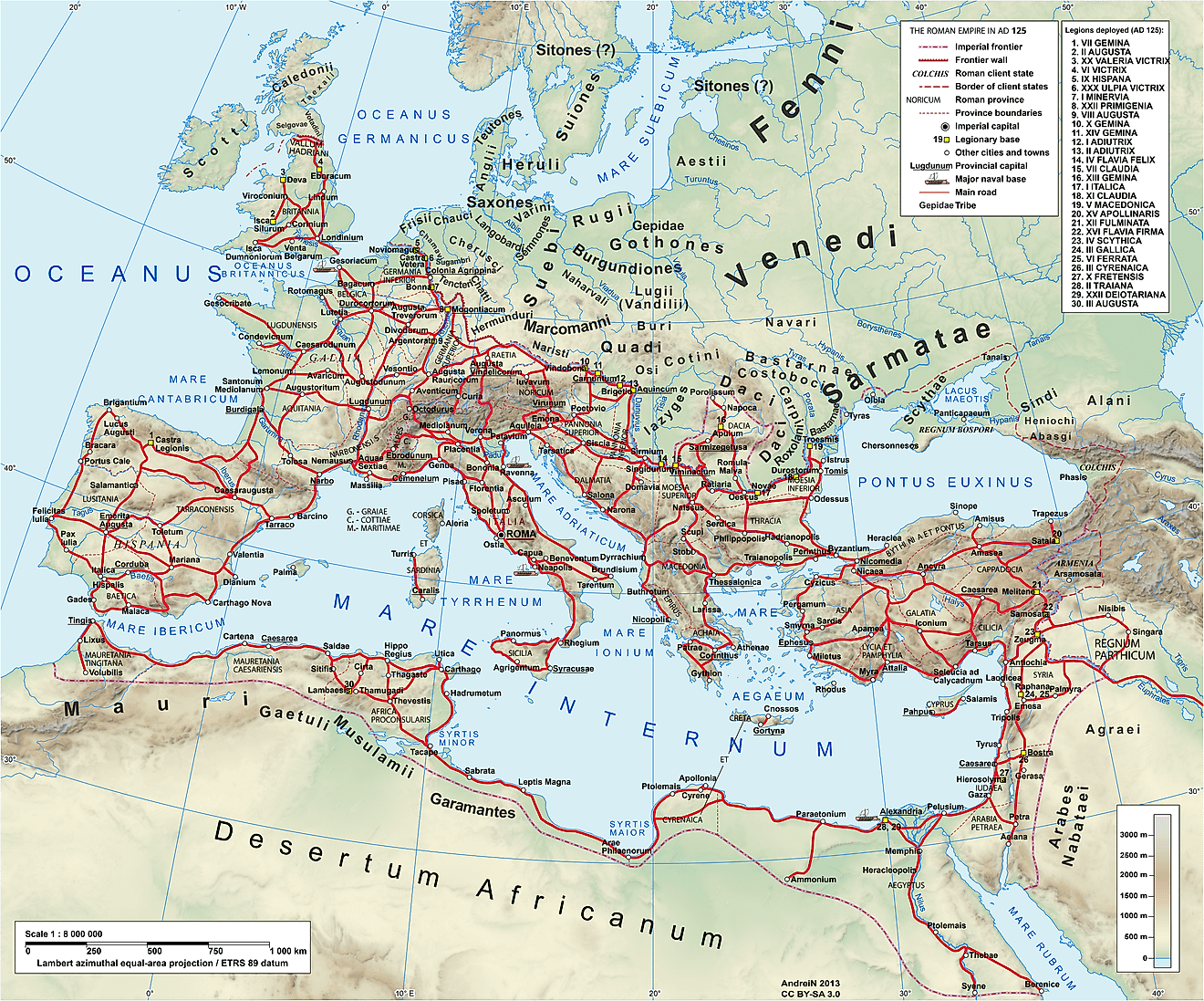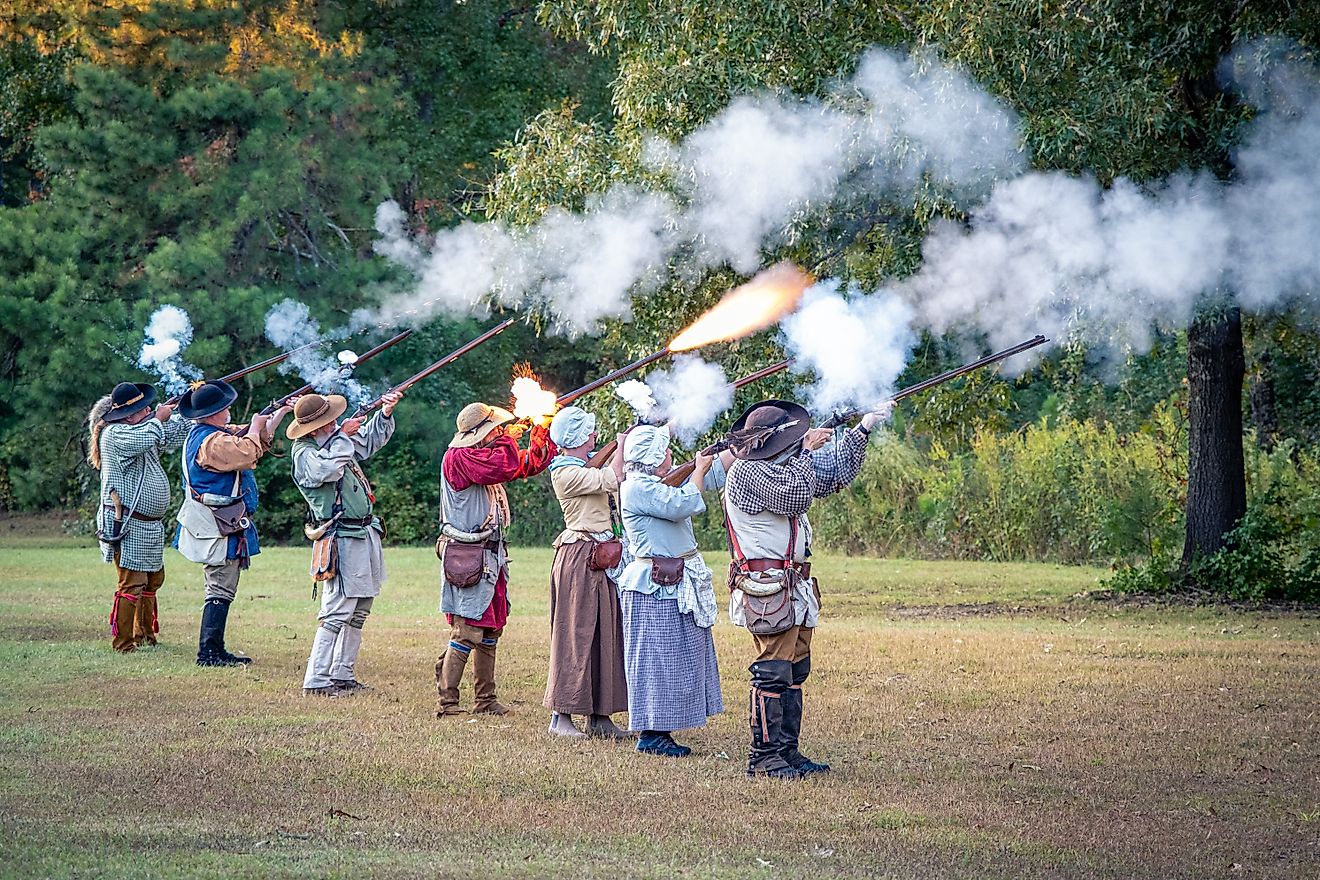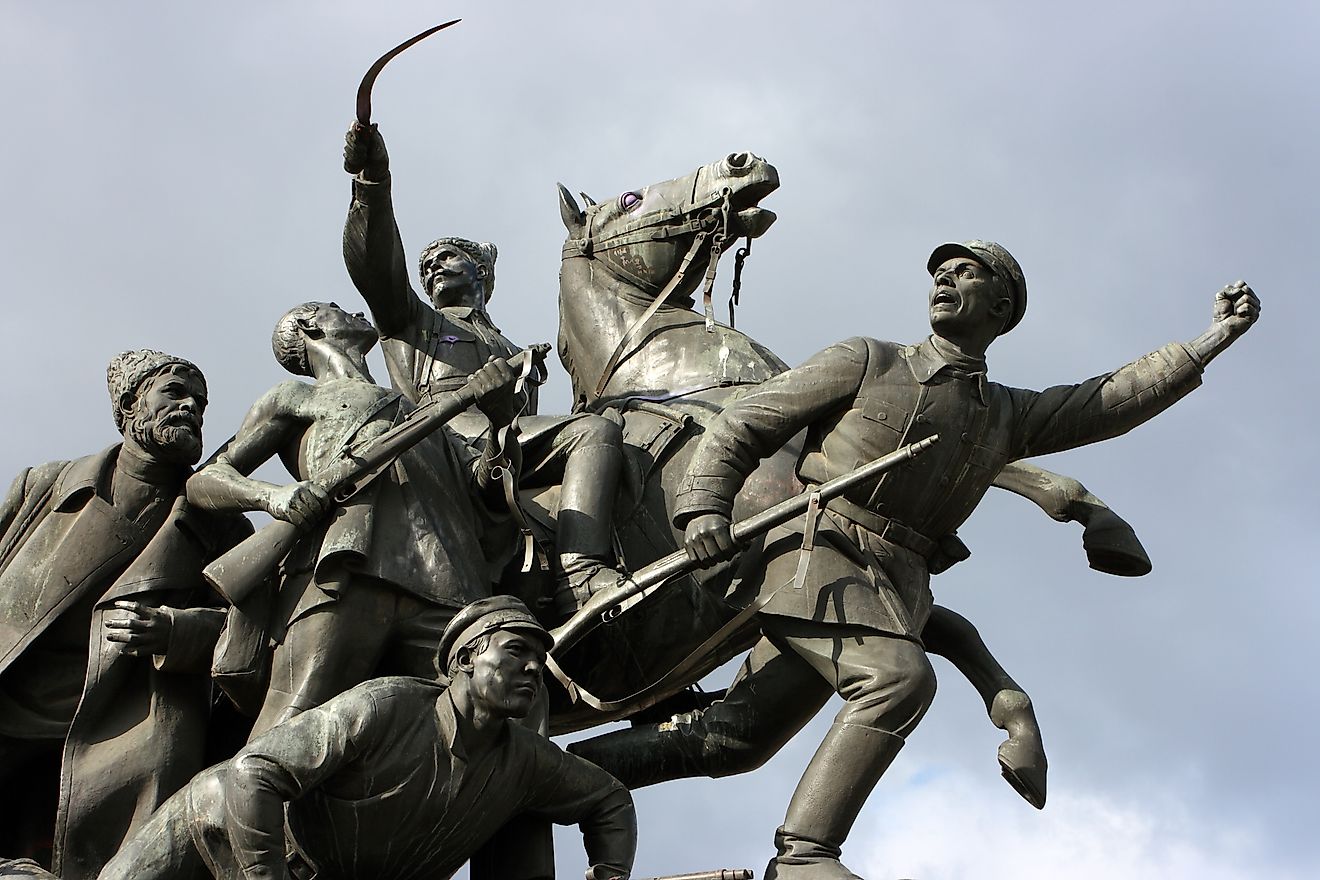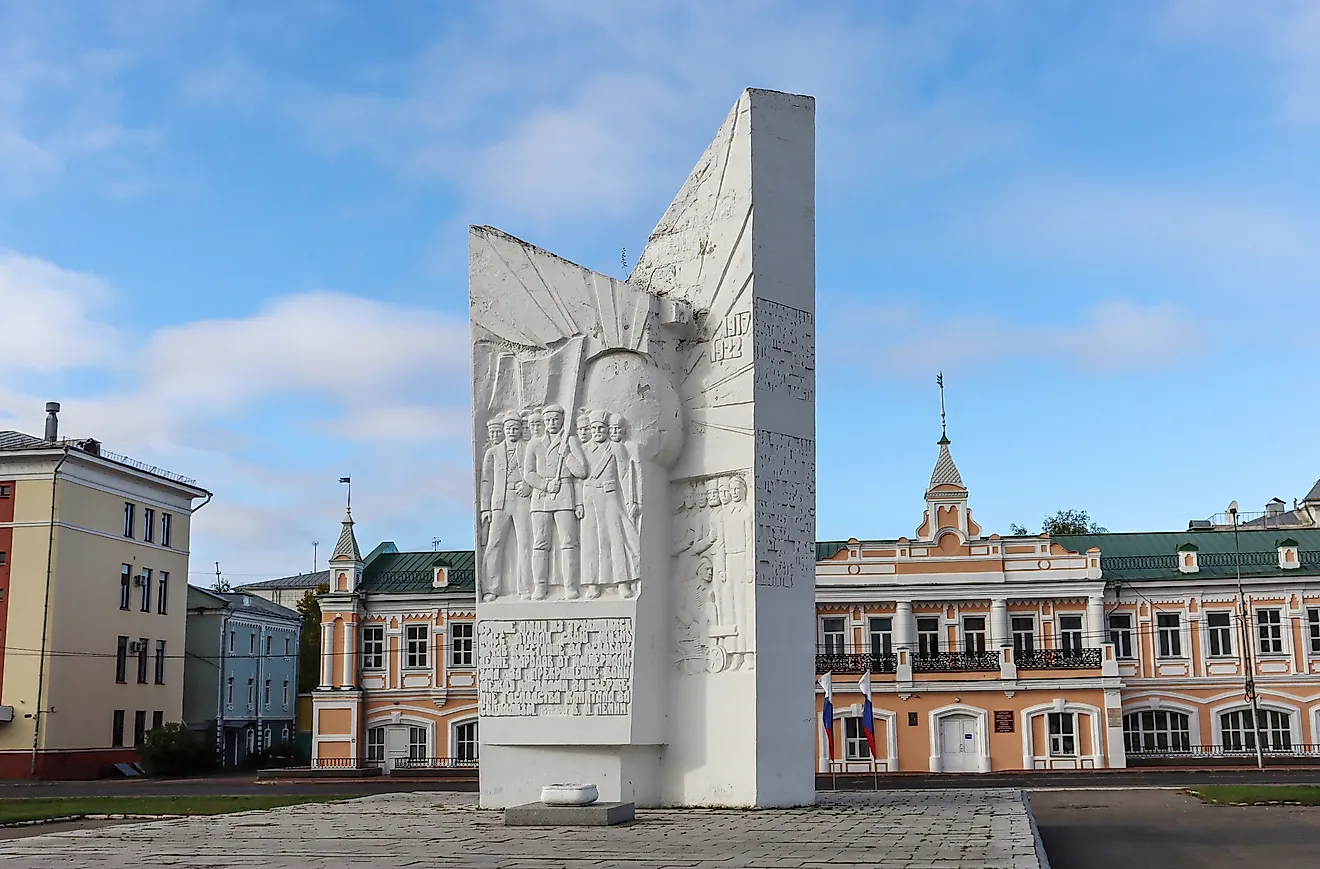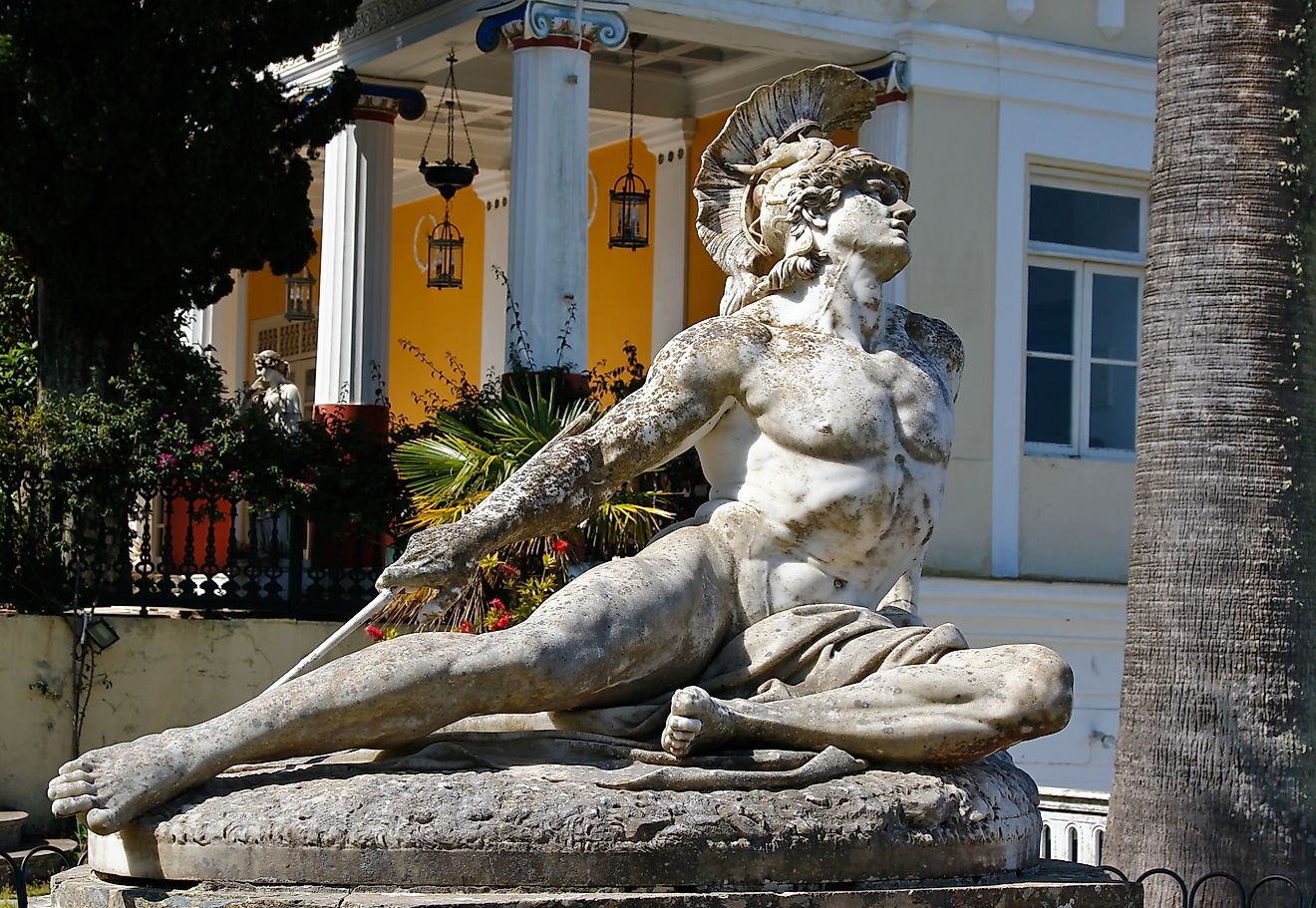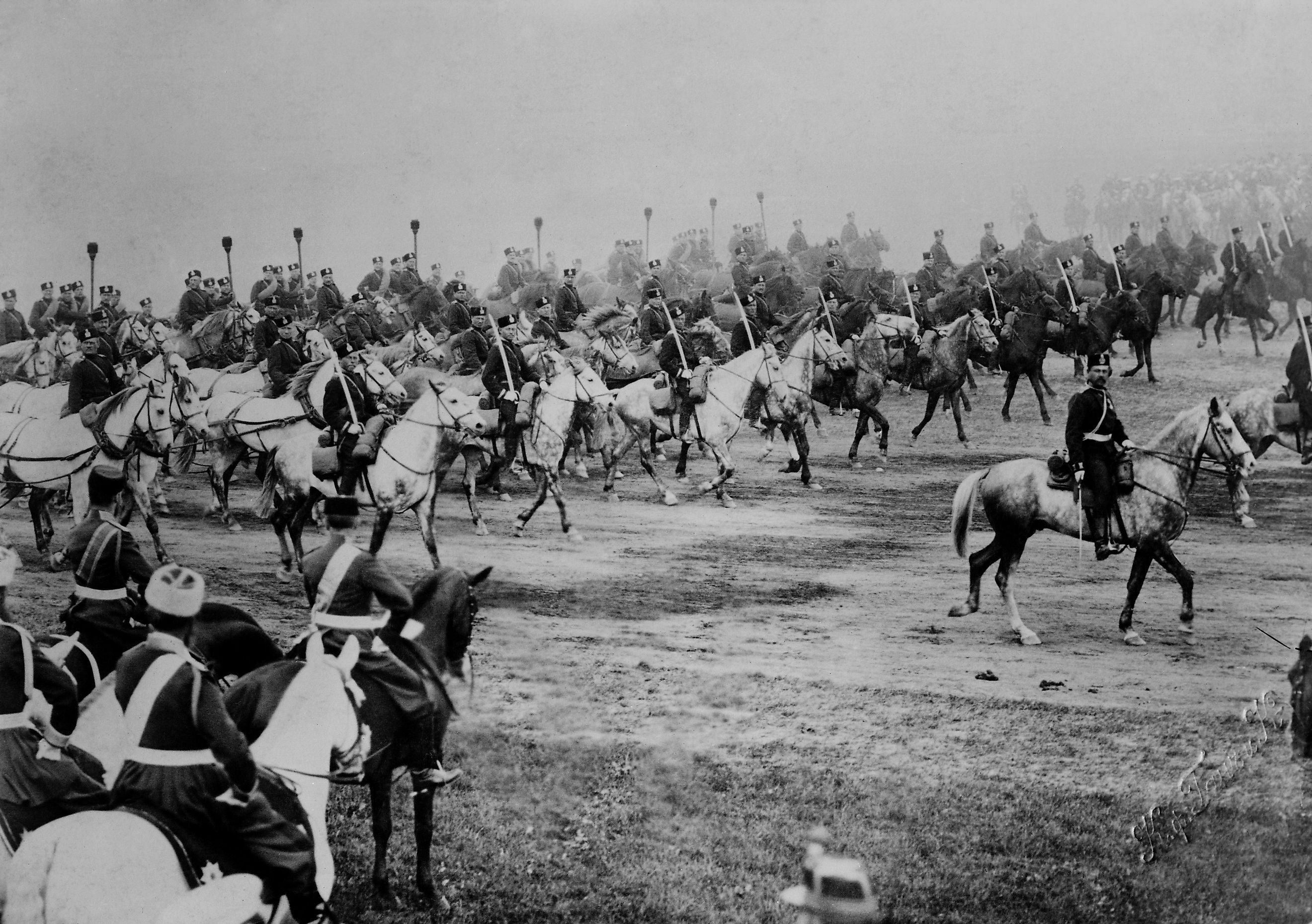
What was Russia's Role in World War I?
World War I was arguably the most important event of the 20th century. The largest and most destructive war in history up to that point, it brought about monumental changes worldwide. Perhaps the most significant changes occurred in Russia. Due to decades-long tensions and more immediate war-based grievances, Russia transformed from a monarchy into a communist state. However, to properly understand exactly how this occurred, one must fully comprehend Russia's role in the war.
Background

By the mid to late 1800s, Russia was in trouble. Conditions for the peasants in the countryside and the workers in the cities were poor, leading to widespread discontent with the government. This discontent was exacerbated by ineffective leadership. Nicholas II, who became Czar in 1894, was unwilling to enact meaningful changes. This, paired with an unpopular war with Japan, led to a revolution in 1905. The revolution ended in the autumn of that year, with Nicholas II finally promising key reforms, the most important of which was the creation of an elected assembly called the Duma. Regardless, the Duma had limited power and was largely elite-controlled, making it ineffective at quelling the long-term revolutionary fervor. Indeed, events such as the Lena Goldfields massacre, in which members of the Russian Army killed 250 striking workers, reignited tensions.
The Beginning of World War I

On June 28th, 1914, the Archduke of Austria-Hungary, Franz Ferdinand, was assassinated by a Serbian nationalist named Gavrilo Princip. This set off a chain reaction that resulted in World War I, also known as the Great War. On one side, Germany, Austria-Hungary, the Ottoman Empire, and Bulgaria made up the Central Powers. On the other, the Allied Powers included the United Kingdom, France, Italy, the United States, and Russia. The war was the most brutal in history up to that point, with trench warfare creating a bloody stalemate in which millions were killed while fighting for meters of land. In countries with widespread political instability and discontent, this constant death and suffering had adverse domestic consequences. Russia was one such country.
Russia in the War
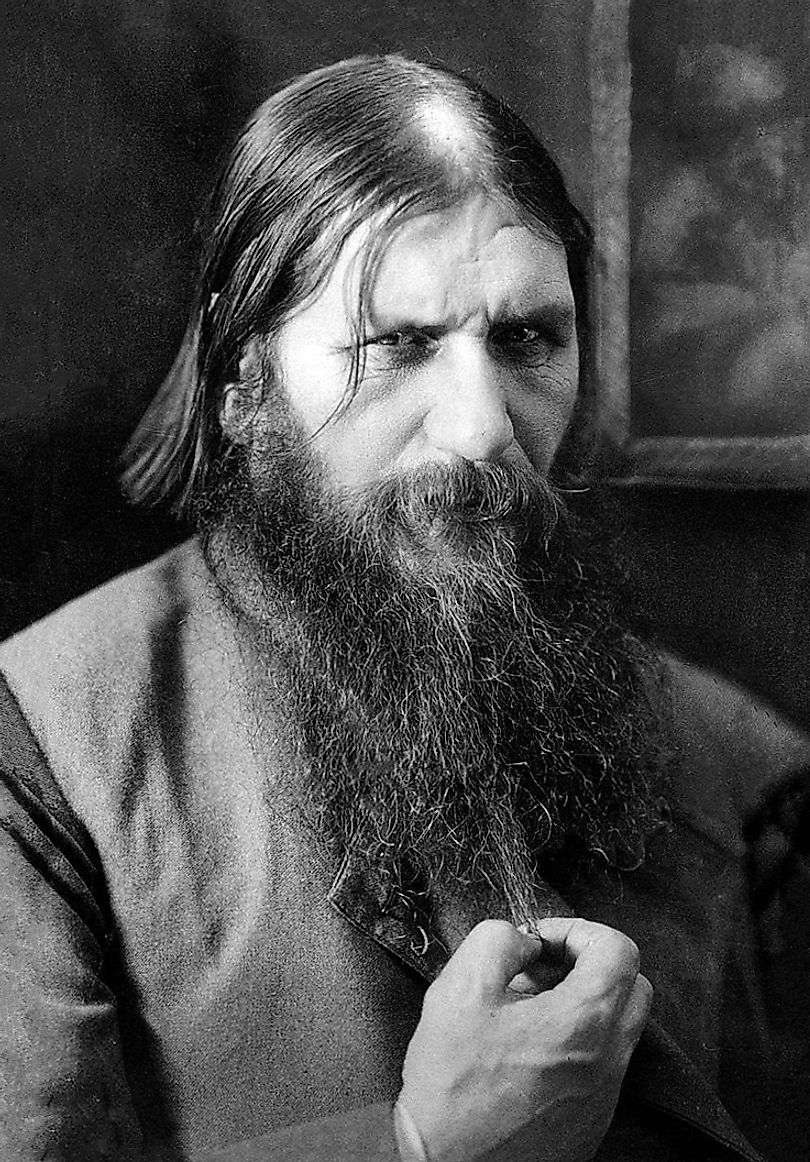
Upon the immediate outbreak of the war, support for the Czar increased, with Nicholas II experiencing the "rally around the flag" effect he had hoped to achieve with the Russo-Japanese War. However, this support waned as the war progressed. The Russian Army was ineffective, often beating the Austro-Hungarians but frequently losing to the Germans. This was largely attributable to a poor transportation system. The sheer size of Russia and the insufficient number of railways and trains meant that not enough food and weapons reached the army. Nicholas II was often blamed for these problems, a blame exacerbated by his making himself commander-in-chief of the army in August 1915. Doing so also meant that he was often far away from the capital of Petrograd (renamed from St. Petersburg at the beginning of the war because it sounded "too German"), leaving his wife in charge of everyday political affairs.
As a German, Czarina Alexandra was already unpopular and became even more so once she fell under the influence of a Siberian monk named Grigori Rasputin. Alexandra believed that Rasputin could heal her son, Alexi. A hemophiliac, Alexi bled easily, and his blood took longer to clot. However, when Rasputin was around, Alexi reportedly stopped bleeding (for reasons still unknown to historians). Rasputin's "healing powers" thus gained him influence in political affairs, with ministers being hired and fired in accordance with the monk's wishes. When news of Rasputin's influence reached the public, it further increased discontent with the monarchy.
Revolution
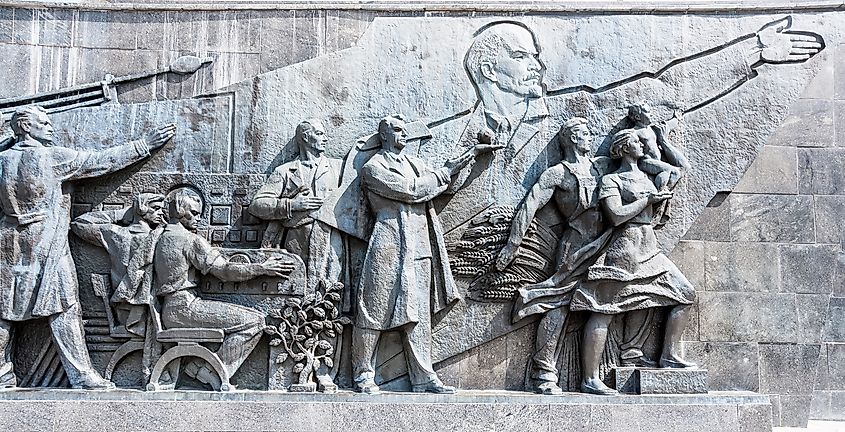
In December 1916, Rasputin was killed. Nonetheless, it made little difference. By this point, Nicholas II was barely hanging onto power. Even the hardcore conservative nationalists, the bedrock of the Romanov's support, were upset with the Czar due to the troubles caused by the war. Regardless, both the Czar and his wife were oblivious to their lack of popularity, failing to realize that they could essentially do nothing to regain the support of the populous. All this culminated in February 1917, with a series of events ultimately culminating in the February Revolution and the overthrow of the Czar. Russia's provisional government continued to fight in World War I, but the military was demoralized, and public support for the war waned. Eventually, after the Bolsheviks seized power in the October Revolution later that year, Russia exited the war by signing the Treaty of Brest-Litovsk with Germany in March 1918, ceding significant territory to the Central Powers.
World War I proved fatal for the Russian monarchy. Despite reeling from decades of discontent and a revolution ten years earlier, Czar Nicholas II initially enjoyed a surge of support. However, Russia's ineffectiveness in the war and Nicholas becoming the face of this ineffectiveness quickly caused this support to evaporate. Combined with Rasputin's influence over political affairs in the capital, this set the stage for an unstoppable revolutionary fervor in 1917.
